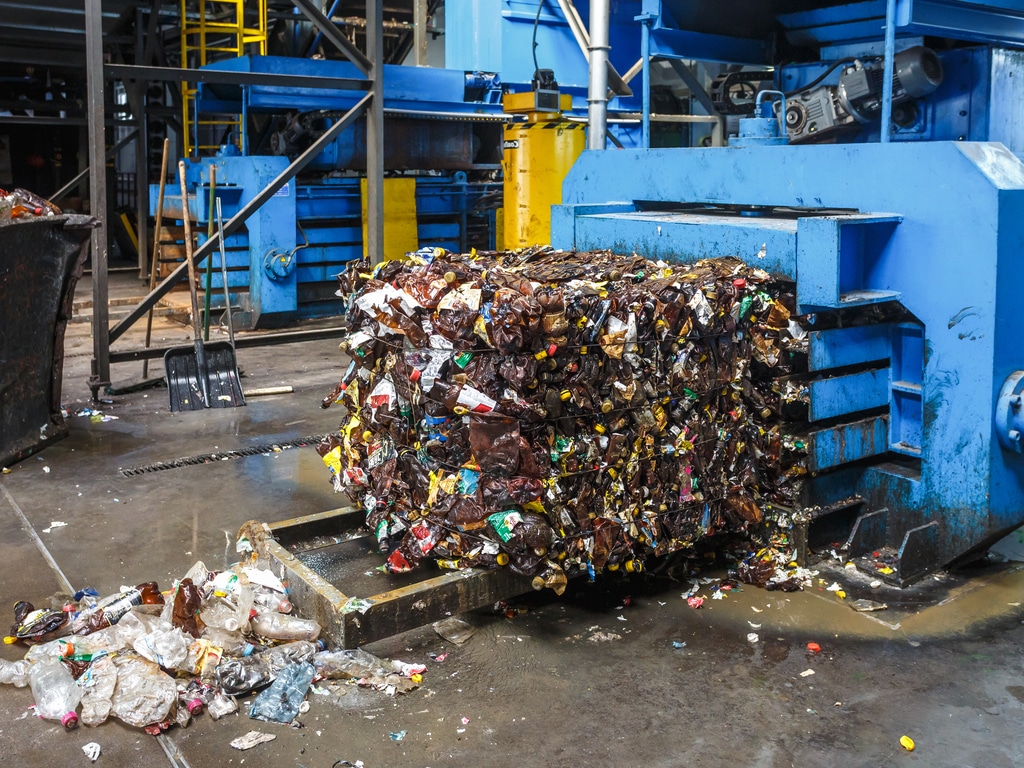The government of Ghana is multiplying initiatives to rid the country’s streets of waste. The latest initiative is entitled “Hybrid Waste to Energy as a Solution for Ghana”. It was recently launched with the aim of developing tailor-made solutions to the waste problem. Currently, Ghanaians produce 14,000 tonnes of rubbish a day, two-thirds of which ends up in sewers or is burned in landfills.
According to the authorities of this West African country, the project “Hybrid Waste to Energy as a Solution for Ghana” will be carried out in five phases by a consortium of German and Ghanaian research institutions in collaboration with the Ghanaian Ministry of Environment, Science, Technology and Innovation (MESTI).
A €5.8 million project
Germany will finance the sanitation project to the tune of €5.8 million. The first stage of the initiative will enable data collection involving different levels of stakeholder engagement, resource mapping, characterisation of waste materials and the establishment of a laboratory in Ghana. In a second stage, a waste-to-energy unit will also be built in Gyankobaah, in the municipality of Atwima Nwabiagya, Ashanti region. The 400-kW plant will combine solar photovoltaic, biogas and pyrolysis (thermal decomposition of materials at high temperatures in an inert atmosphere, editor’s note) technologies to treat municipal solid waste and generate electricity. The third component of the project will create a business model based on the results of the technical and economic feasibility studies for the Gyankobaah waste-to-energy project. This model will serve as a basis for the construction of 10 other waste-to-energy units in other regions across the country.
Sustainability and environmental studies, as well as public policy gap analysis and the development of guidelines are also included in the terms of reference of the Government of Ghana. The project “Hybrid Waste to Energy as a Solution for Ghana” will run for a period of four years. It will primarily benefit the people of Kumasi, southern Ghana and its surrounding areas, which include the 22 metropolitan assemblies, municipal authorities and districts within a 30 km radius of the Gyankobaah waste-to-energy plant.
Inès Magoum
